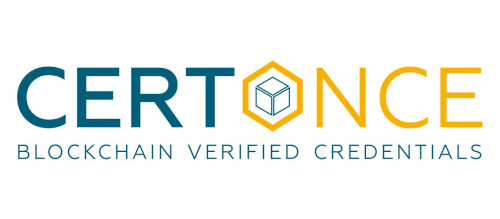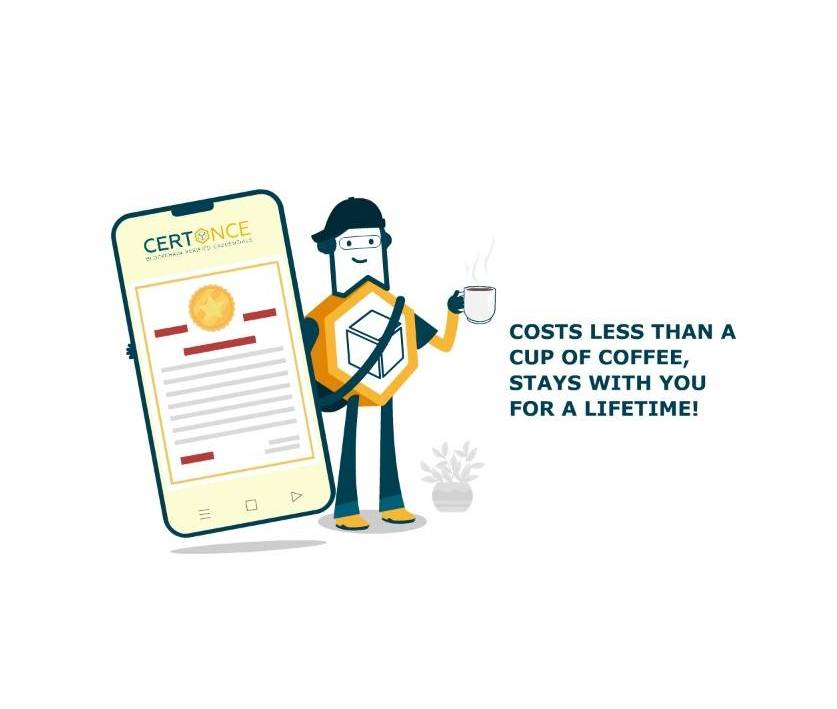3 Reasons Why Students Are Switching to Blockchain-Based Degree Certificates
As a student, you probably may not be aware of the value of your academic degrees certificates and how much it costs to simply store and share them in the long run.
Premier institutions across the world including MIT Boston and IIT Kanpur have switched to blockchain-secured degrees for their graduate students. How do these advanced degrees differ from traditional paper degrees and why do institutes, and employers prefer them over other forms? Let’s take a deep dive.
What is a blockchain-secured degree?
Traditionally, students have been issued paper degrees on the completion of their academic studies. With an increasingly digital world, colleges and students started realizing the limitations and shortcomings associated with a paper-based degree in the modern world, some of which include:
- Low shelf life
- Prone to lose and thefts
- Can be easily tampered with or faked
- Requires a complex process of verification every time
Soon enough, scanned digital copies of degrees came into existence, referring to the PDF copies of paper degrees that could be shared electronically with third parties. However, these PDF degrees still failed to offer a concrete solution to the challenges faced by paper degrees:
- They were not verifiable online
- Verification took the same amount of time as a paper-based degree
- Re-issuance and verification both required additional costs every time
This means that apart from the fact that a digital degree is a scanned PDF version of your paper degree, the process of issuance and verification remains the same for both, i.e. manual and redundant.
This is where blockchain technology comes into play. Blockchain is known for its immutability, and instant and independent verifiability. ‘Immutable’, i.e. any records once stored on a blockchain ledger cannot be tampered with or modified in the future by any party using any tool or hacks. Not only does this offer complete immunity from fake and fraudulent records, but it also makes life easier for the students who switch to these “smart degrees”.
Some advantages of blockchain-secured degrees over traditional paper and digital degrees are given below:
Cannot be lost or damaged
While paper degrees are prone to wear and tear, and may also get misplaced or stolen over time, blockchain-based digital degrees provide value for a lifetime. Once issued, a blockchain degree is stored on the blockchain and a verified copy can be downloaded any number of times without any additional costs of long processes. Not just the ease of getting copies reissued, but the instantaneous nature of these downloads saves the students from long wait times and tedious, time-consuming processes of reissuing a paper degree. Sounds like a dream come true, doesn’t it?
Instant verification and concept of verifiable trust
Being published over a distributed ledger, blockchain-based degrees are verifiable by external parties such as higher education institutes and future employers within seconds. Any time someone needs to verify the authenticity of these certificates, they can simply click on the verification link and instantly see the original copy of the certificate as stored over your institute’s server, along with the public issuer key and date of issuance. This saves the costs associated with third-party verifiers or on getting the certificates notarized in order to prove their authenticity.
Cannot be duplicated or tampered with
Institutes and students often come across cases of fake duplicates and tampered certificates being shared in the market, bringing negative attention and publicity to the respective parties. A recent incident where a Bangalore based man faked his education degrees using a copy of his wife’s college degrees reiterates the importance of immutability when it comes to important documents. Once published on blockchain, education degrees and certificates can never be edited or changed since they are stored and verified on a distributed ledger. No more worrying about notorious elements misusing your hard-earned degrees in the industry anymore!
In a nutshell…
In a digital first world, it becomes important to ensure trust in every digital interaction and transaction. If anything, blockchain-based credentials are the future of how important education documents are stored, shared, and verified. Leading global institutions such as MIT Boston have already realized this and switched to blockchain to issue student degrees and transcripts. It is only a matter of time before this becomes the new norm of student records management and verification in this digital world.


